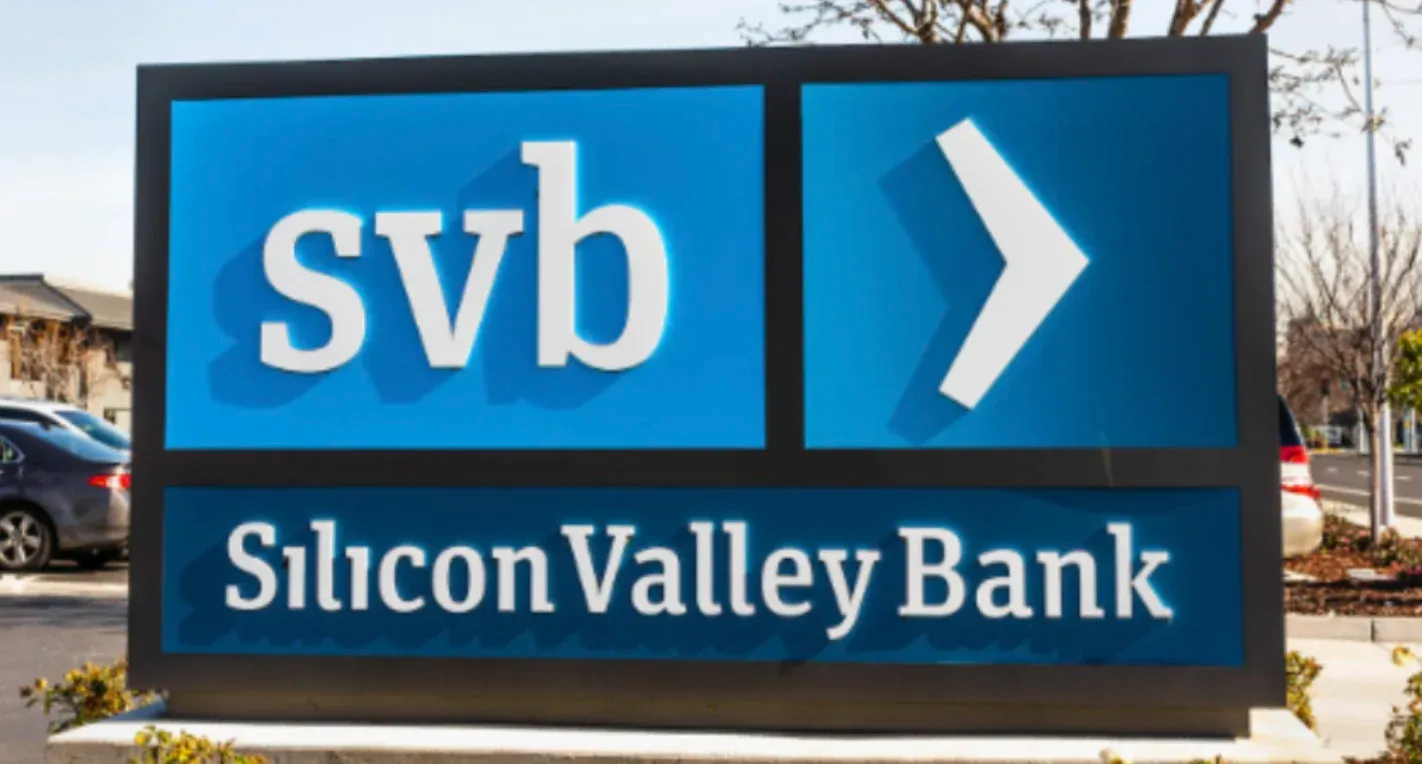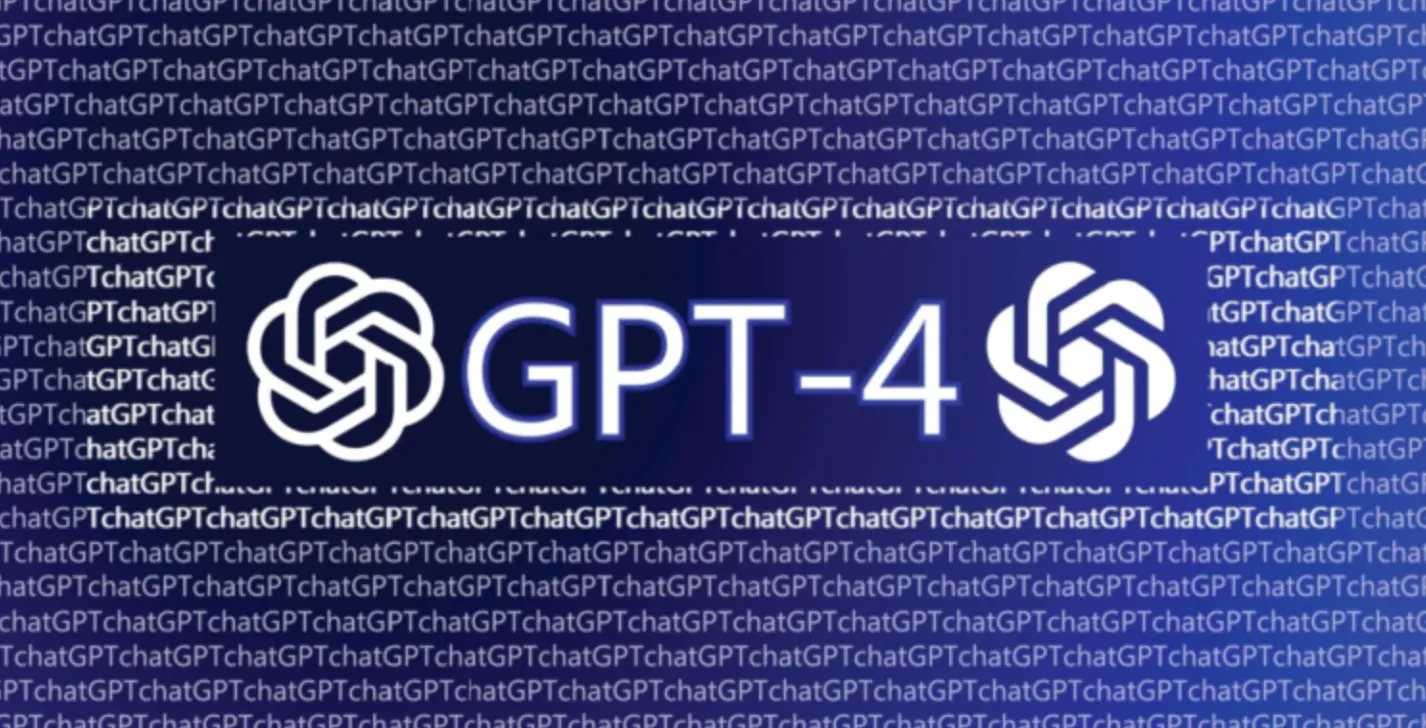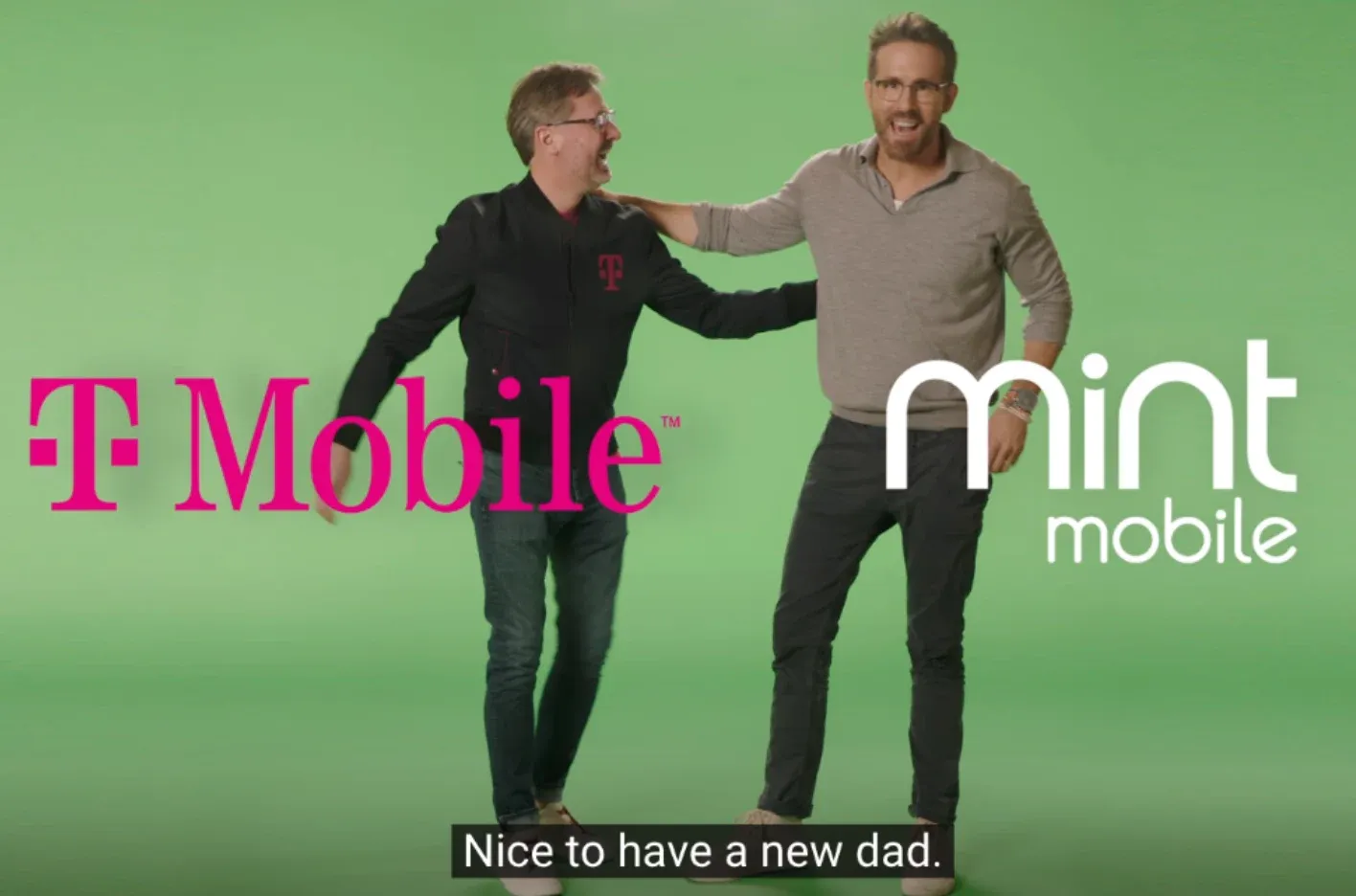
Dear Studio Fam,
This has been a particularly intense week for startups and businesses with accounts at SVB and Signature Bank. We're happy to bring news of government guarantees of all of those customers' deposits, as well as an overview of what the government did (and perhaps more importantly didn't do) in response to the failures of SVB and Signature. You'll also find news of a major update to OpenAI's core language model and finish on a positive and entertaining note about a major exit in the telecoms industry.
FDIC Guarantees All SVB & Signature Deposits

After a tumultuous weekend filled with speculation about the stability of the American financial system, Federal banking regulators announced that they would guarantee all of the deposits affected by the failures of Silicon Valley Bank and Signature Bank. While normally insured only up to $250,000, the cap was waived after strident lobbying from prominent SVB customers and state government officials, including the governor of California.
Speculation & Rumor Fly On Social Media
In the immediate aftermath of the failure of SVB last, it was unclear if the FDIC was going to waive the $250,000 cap. The announcement wasn’t made until the end of the weekend, probably not coincidentally at the same time as the announcement of the failure of Signature Bank. Pundits and interested parties spent the intervening time rallying for the cause of guaranteeing all deposits, while others stoke rumors about new bank runs and spread misinformation about the difference between bailing out a bank and guaranteeing its customers’ deposits, and who funds the FDIC.
Leading the information effort in favor of a full guarantee of all deposits was Craft Ventures co-founder and original PayPal COO David Sacks, who argued consistently and passionately that SVB customers had not done anything wrong.
No Bail Out For Stockholders
While the FDIC has guaranteed the deposits of the customers of SVB and Signature bank, it has made no such guarantees to the principal owners of the banks: its stockholders. In fact, Treasury Secretary Janet Yellen confirmed the exact opposite: there will be no bailout. Despite this fact, many continue to describe the guarantee of customer deposits as a “bailout,” mostly as evidence in favor of larger ideological reforms to the financial system.
The FDIC Doesn’t Use Taxpayer Money
For example, some have decried the notion of government “bailing out Big Tech”, which is doubly inaccurate in the case of SVB and Signature. For starters, the principal owners of these banks have been wiped out and their stock is now worthless. There was no bail out. Second, both banks served a diverse clientele of commercial, non-profit, and retail customers from many industries. Third, the SVB and Signature deposits now guaranteed by the FDIC are ultimately backed by insurance premiums paid by banks, not the taxpayer. Any shortfall from the ongoing sale of SVB and Signature’s assets will be covered by other banks, not the government.
Tech Industry Responds Rapidly With New Products
Within days of the collapse of SVB, American tech startups built entirely new products to help SVB and Signature Bank customers in multiple ways. Mercury, a startup that provides banking services for startups, launched a new “Vault” product within three days of the collapse of SVB that spreads customer deposits across multiple banks to effectively increase FDIC insurance coverage. Mercury was able to quickly develop the new features because it is not actually a bank but merely a software provider that works with a network of partner banks.
Small Bytes: GPT-4 Launch

OpenAI announced the launch of the newest version of GPT, GPT-4, along with news that several preferred customers had already built products on top of it. Oh, and it passed the LSAT. Here’s a rundown of the newest apps powered by GPT-4:
- Virtual Volunteer by BeMyEyes: Uses GPT-4 to describe images and video in real time for people with impaired vision.
- One Click Lawsuits by DoNotPay: Quickly sue robocallers for $1,500 by transcribing offending calls in real time.
- Coparent by Milo: SMS interface for quickly summarizing and scheduling activities from school newsletters, physical invitations, and baby sitting service.
- Bing by Microsoft: Surprise! It’s been running GPT-4 this whole time.
- 60 Second Pong by Pietro Schirano: From the cofounder of Brex, code your own game of Pong in under a minute.
T-Mobile Buys Mint Mobile

There are basically three cell phone service providers in the United States who own and operate the physical infrastructure that makes cell phone service possible: Verizon, AT&T, and T-Mobile. But there are dozens of MVNOs – “mobile virtual network operators” – which buy minutes and data in bulk and then resell them to niche customers at discount prices. The leader of these MVNOs is unquestionably Mint Mobile which distinguished itself from competitors like Virgin Mobile and UltraMobile with rock bottom prices – as low as $15/month – by selling multiple months of service upfront.
That model has proven so effective that T-Mobile announced that it is acquiring Mint Mobile for $1.35 billion, making its celebrity owner and promoter Ryan Reynolds upwards of $300 million for his 25% stake. In a hilarious announcement video in the vein of his previous commercial work, Reynolds announced that Mint’s "improvised and borderline reckless messaging strategy will remain untouched."

